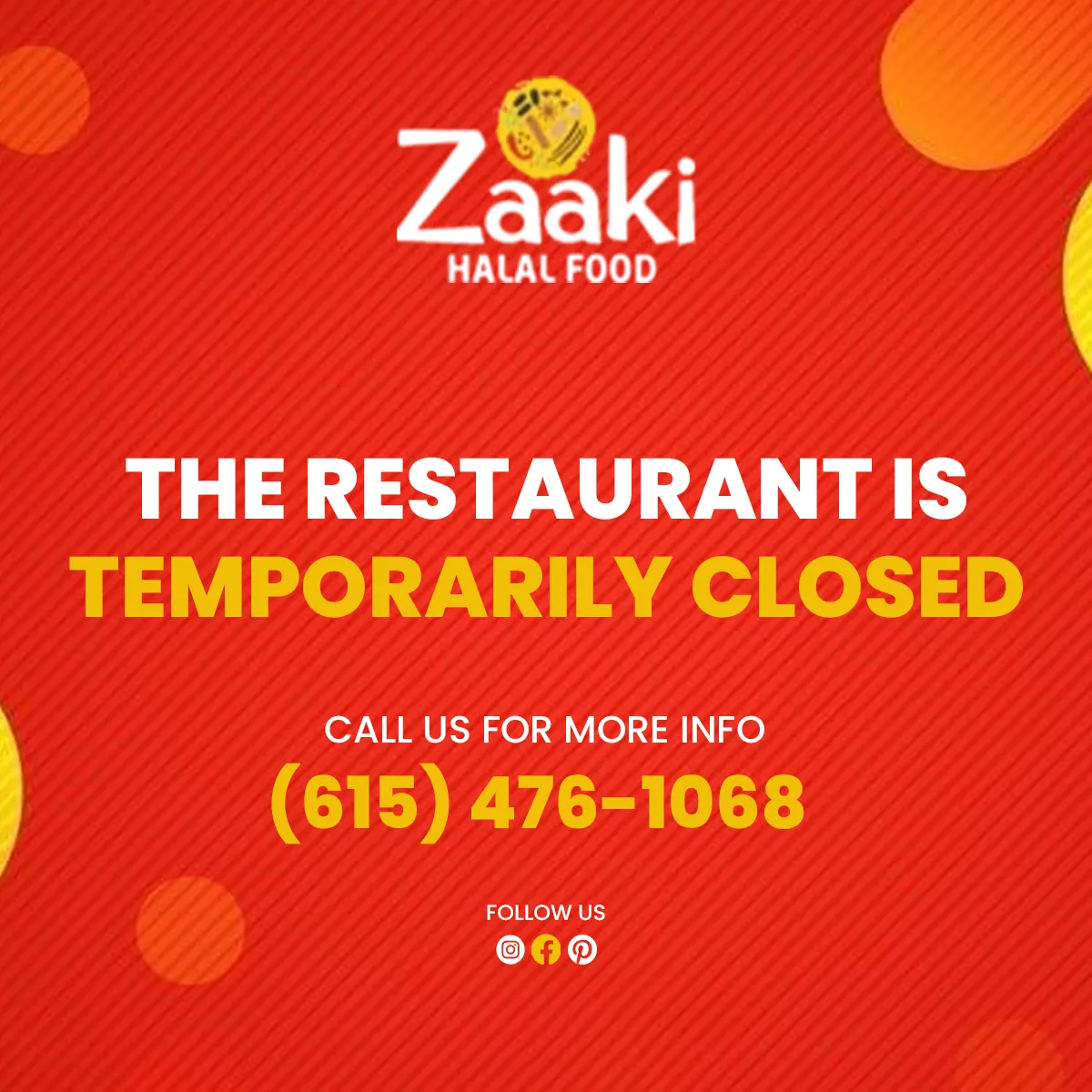Subtotal $0.00
Halal food is not just about dietary preference. For Muslims, it represents a religious obligation, a lifestyle choice, and a marker of trust between consumer and provider. Yet despite the growing halal industry worldwide, many Muslims remain skeptical about whether restaurants, packaged foods, and supply chains truly follow halal guidelines. Understanding why doubts arise and how businesses can rebuild credibility is essential for any brand that wants to earn lasting loyalty in the halal market.
Why Doubts About Halal Claims Exist
1. Complex Supply Chains
Today’s food supply system is global and layered. Meat, sauces, desserts, and flavor enhancers often come from multiple distributors. If the origins of these products are unclear—or if businesses fail to disclose them—Muslims begin to question whether the food is truly halal. Even small substitutions, such as gelatin-based ingredients or cheese made with non-halal rennet, can erode confidence.
2. Inconsistent Certification
Not all halal certifications are created equal. Some agencies certify slaughterhouses only, while others certify entire food preparation processes. When restaurants display a generic “halal” logo without explaining its scope, customers are left confused. Expired or low-quality certificates shared online add to the skepticism.
3. Cross-Contamination in Kitchens
Halal status doesn’t stop at meat sourcing—it extends to how food is prepared. If halal and non-halal items are cooked in the same oil, cut on the same boards, or stored side by side, contamination occurs. Many Muslims are highly cautious, and even a minor slip in procedure may lead them to avoid the restaurant altogether.
4. Lack of Staff Knowledge
Customers often rely on restaurant staff to confirm whether items are halal. If employees give inconsistent answers, it raises red flags. A waiter who says “everything is halal” while another hesitates or seems unsure creates confusion, suggesting poor training and weak commitment to transparency.
5. Packaging and Delivery Issues
With the rise of takeout and food delivery apps, halal integrity faces new challenges. Orders may be mixed with non-halal food during transport, packaging may lack seals, and customers might receive unclear labels. Without strong proof that food remains halal through delivery, trust declines.
6. Viral Social Media Stories
In today’s digital age, a single viral video of a mishandled halal claim can damage a brand’s reputation overnight. Even if the story is exaggerated or out of context, lack of a clear response makes customers believe the worst.
How to Rebuild Trust in Halal Claims
1. Be Transparent About Certification
Restaurants and food brands should display certifications prominently, both in-store and online. More importantly, they must explain the scope—whether it covers meat only, the full menu, or the entire supply chain. Using QR codes that link directly to live, updated certificates can further reassure customers.
2. Provide Supply Chain Visibility
Sharing supplier details and halal certificate numbers builds credibility. Even a simple table on a website showing meat sources, batch numbers, and distributor information can demonstrate accountability. If substitutions occur, businesses should communicate changes immediately.
3. Invest in Kitchen Separation
Restaurants should implement color-coded utensils, dedicated fryers, and separate preparation zones for halal food. Documenting these practices with photos or checklists, then displaying them publicly, strengthens trust. Customers want to see evidence that strict measures are in place, not just promises.
4. Train Staff to Answer with Confidence
Every staff member—from chefs to cashiers—should understand halal policies. Creating a script with clear answers to common customer questions prevents confusion. Regular refresher training and assigning a “halal captain” per shift can ensure accountability.
5. Seal and Label Delivery Orders
Halal integrity must extend to delivery. Using tamper-proof seals, bold halal labels, and dedicated packaging reassures customers that their food remains safe until it reaches them. Partnering with delivery platforms to add halal verification photos can further strengthen confidence.
6. Respond Quickly to Concerns
If an issue arises, silence is not an option. Businesses should acknowledge mistakes promptly, explain corrective actions, and involve community leaders or scholars in the resolution. Transparency during crises helps rebuild credibility faster than defensive statements.
7. Invite Third-Party Audits
Independent audits from trusted halal authorities are powerful trust signals. Publishing audit results or hosting “open kitchen days” where customers can observe operations shows commitment to integrity. Inviting feedback and addressing concerns openly demonstrates long-term dedication.
Building Long-Term Confidence
Halal trust is built over time, through consistency and openness. Businesses that invest in transparency, training, and communication will not only win Muslim customers but also stand out in a crowded market. With halal demand rising globally, the brands that take trust seriously will enjoy loyalty that advertising money alone cannot buy.
By clearly defining certification, maintaining separation, educating staff, and addressing issues head-on, restaurants and food suppliers can transform skepticism into confidence. In the end, halal is more than a dietary claim—it’s a promise of respect, faith, and integrity.







Comments are closed